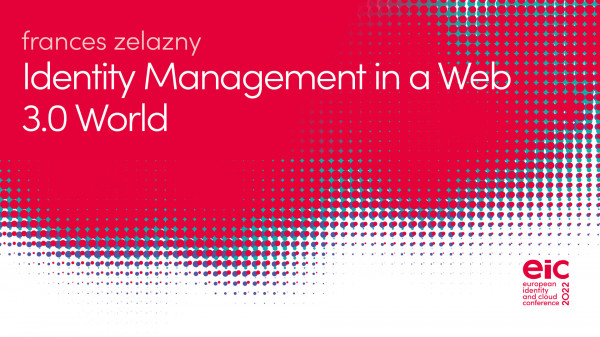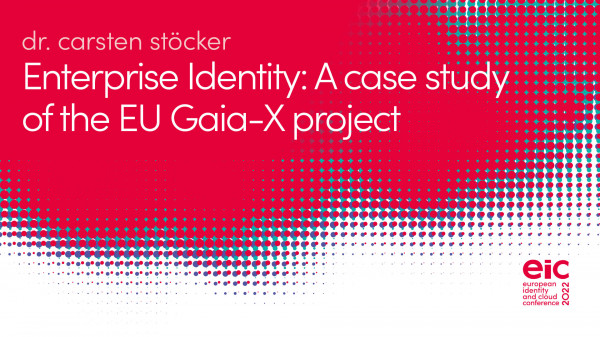The third iteration of the Web, Web 3, aims to put more control over web content in users’ hands. It promises to be built on blockchain, eliminating all big intermediaries, including centralized governing bodies. The vision for a Web3 world is for people to control their own data and be able to bounce around from social media to email to shopping using a single personalized account, creating a public record on the blockchain of all of that activity. What does this mean from an identity management point of view? We will explore some important questions that should be addressed as the future of the internet unfolds, including the impact that limited oversight in crypto currency will have, including poor authentication; the role of decentralized identities and private key management; and finally, the privacy aspects of having transaction data on the blockchain and what that means for attackers that can potentially compile new identities or further identity theft as we know it today. Whether it is Web3 or beyond, these issues will be critical to build trust on the internet of the future.

